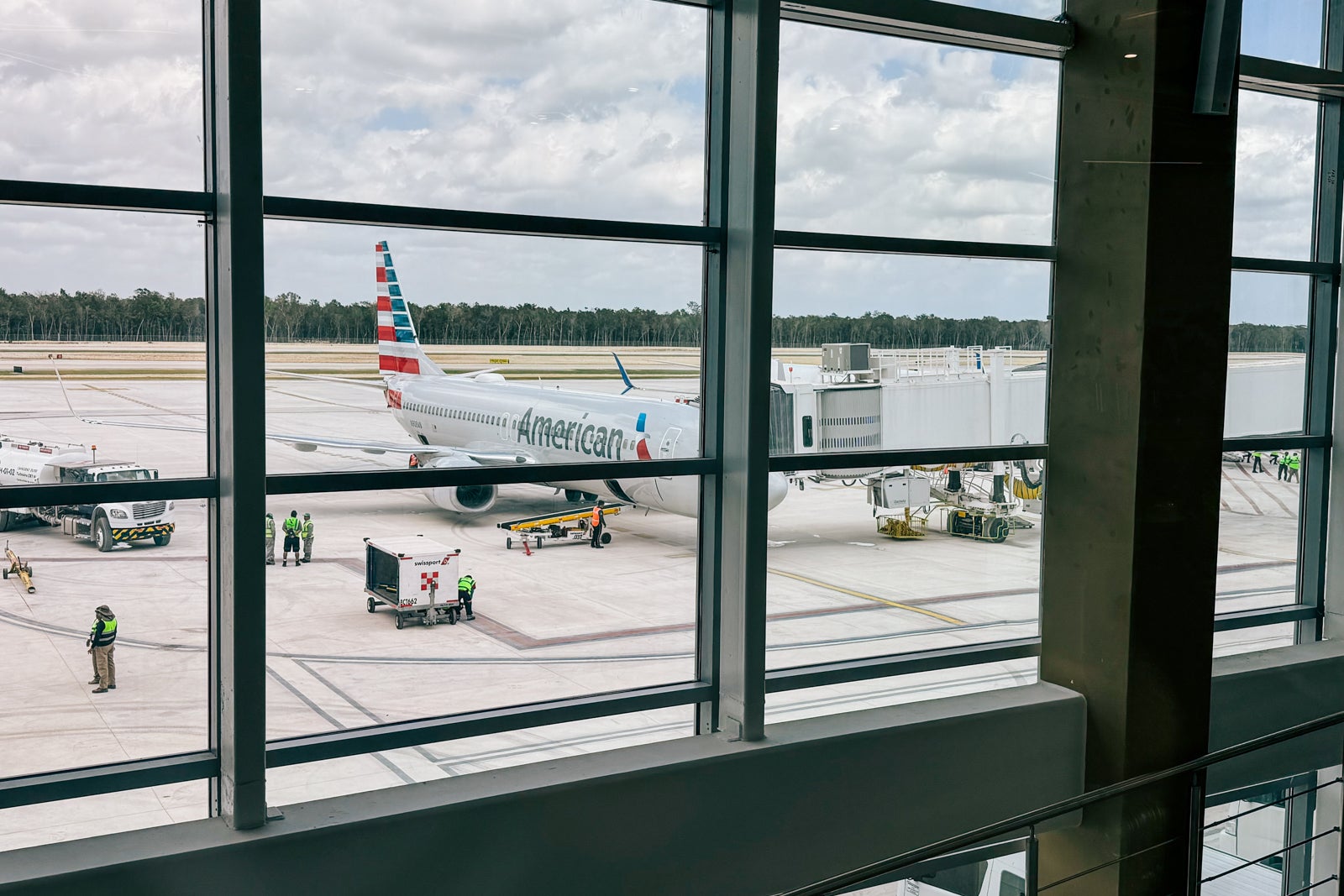As of Oct. 28, U.S. travelers are officially entitled to compensation from airlines for canceled or significantly delayed flights, per three new rules from the U.S. Department of Transportation.
The new rules were developed under the Biden administration and announced in April but are now fully in effect. Specifically, the final rules require airlines to automatically refund passengers when:
- Their flights are canceled or significantly changed
- Checked bags are significantly delayed
- Airlines don’t provide extra services as purchased
However, keep in mind: The rules do not apply to travelers who accept the airline’s offer to rebook them on a later flight when their original itinerary is canceled or significantly delayed. They also do not cover compensation for delays and cancellations that are within the airline’s control, though this legislation has been proposed.

What qualifies as a significant change?
The DOT considers the following to be “significant changes:”
- A domestic itinerary’s departure or arrival is pushed back by three or more hours
- An international flight’s departure or arrival is pushed back six or more hours
- An itinerary is moved up by six-plus hours
- A traveler’s origin or destination is altered
- Situations where the traveler ends up with more connections
- When a traveler is downgraded to a lower class of service
- When a traveler with a disability is forced to travel through one or more connecting airports that differ from the original itinerary
- When a traveler with a disability must fly on an aircraft that is less accessible or accommodating than the one originally planned
Additionally, travelers will be eligible for a checked bag fee refund if their luggage is not delivered within 12 hours of a domestic flight arriving at their gate or within 15 to 30 hours for international arrivals. To receive compensation for significantly delayed baggage, passengers will have to file a mishandled baggage report with an airline at their arrival airport.
Passengers are now also entitled to a refund for disrupted inflight services, such as Wi-Fi, seat selection or entertainment.
How soon should you get a refund after a flight?
Per the DOT, refunds must be issued to the original form of payment within seven business days for credit card purchases and 20 days for all other payment methods. Airlines must also notify affected travelers of their right to a refund for ticket expenses and any extra service fees.
Airlines cannot offer vouchers, credits or other forms of compensation in lieu of the original form of payment unless the passenger chooses to accept these alternative options.
Lastly, in instances where a customer is not able to travel to, from or within the U.S. due to a contagious illness, the new rule requires airlines to provide a travel credit or voucher that is valid for at least five years. Passengers may be required to show documentation to support their claim.
Bottom line
In theory, these newly enacted rules should eliminate the “hoops” travelers have to jump through to request compensation for canceled or delayed flights — but it remains to be seen how smoothly airlines will implement them.
“We support the automatic refund rule and are happy to accommodate customers with a refund when they choose not to be rebooked,” said a spokesperson for Airlines for America, a lobbying group that represents the major North American airlines.
Additionally, airlines have until April 2025 to display ancillary charges upfront, such as extra charges for checked bags, full-size carry-on bags and change and cancellation fees.
Related reading:
- Biden administration unveils stricter rules for airline refunds, upfront pricing
- Biden administration presses airlines to compensate passengers for delays and cancellations
- 6 real-life strategies you can use when your flight is canceled or delayed
- Biden administration touts airline refund rules in renewed push for ‘simpler customer service’
- New family seating rule for air travel proposed by Biden administration




